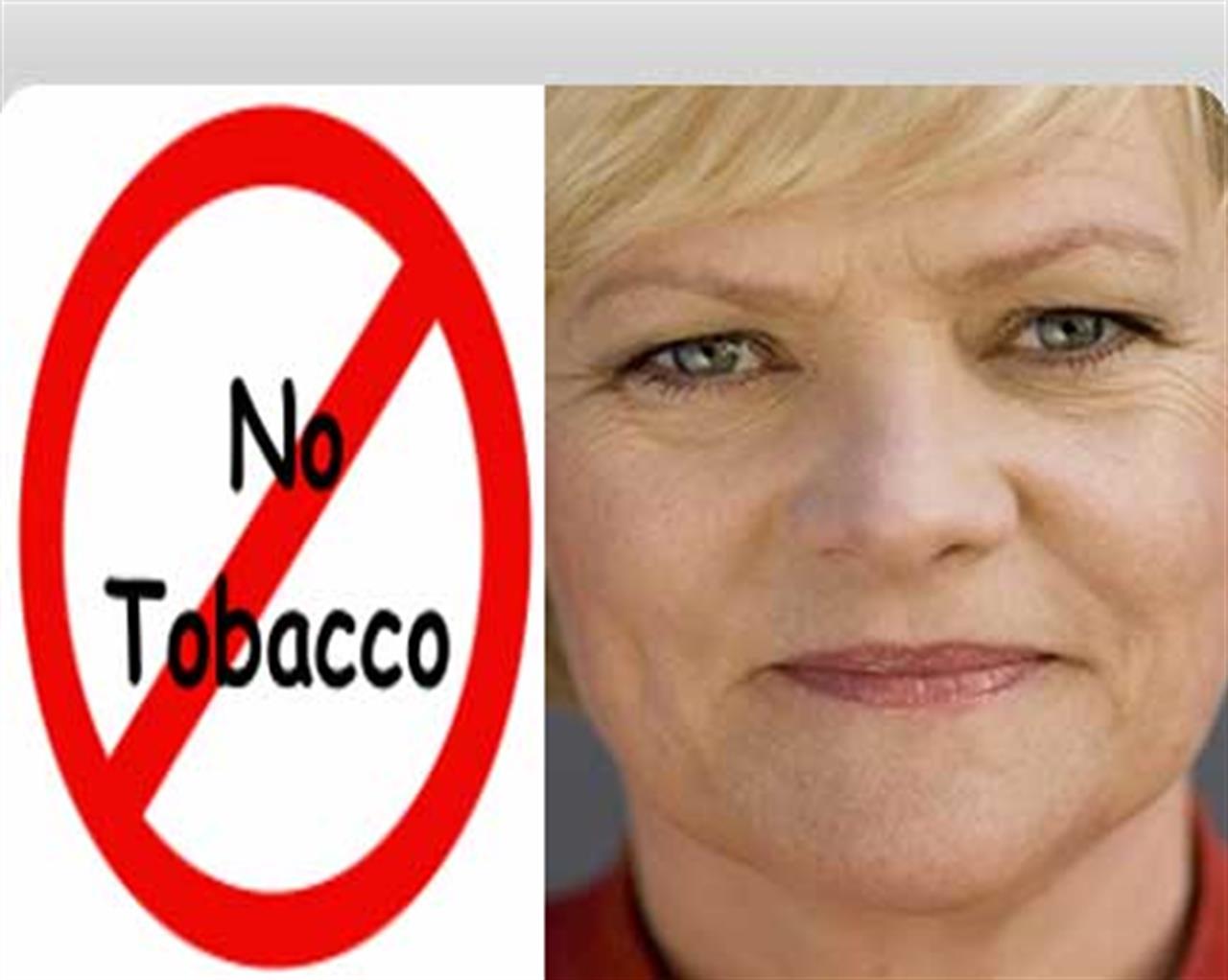Non profit
Europe’s largest pension fund turns ethical
Norway intends to expand ethical rules for investing its vast surplus wealth to include bans on owning shares in tobacco companies and in the worst contributors to climate change.
di Staff

Norway has proposed new ethical guidelines that will see its Government Pension Fund, Europe’s largest pension fund, exit tobacco investments and screen companies for climate and tax haven violations.
In addition, the NKr2,300bn (£233bn, €259bn, $344bn) fund plans to earmark NKr20bn for investments in “environmentally friendly” companies over a five-year period and possibly target “sustainable” growth in emerging markets.
The new rules are part of a series of reforms presented by the finance ministry in a white paper to parliament on April 3, concluding the most exhaustive review of the fund’s ethical guidelines since they were first introduced five years ago.
But critics say the fund should focus on making money instead of taking on more risk in emerging markets and imposing further restrictions on its portfolio holdings after suffering an unprecedented loss of NKr633bn on its investments last year.
“The main goal is to place the money so as to get the best possible return at moderate risk,” said Christian Tybring-Gjedde, a member of Norway’s opposition Progress party, the country’s second largest. “Now we see the government going away from that with more politically correct investments.”
Even Norway’s central bank, the manager of the fund, has expressed reservations over earmarking parts of the fund for special purposes, also known as “positive” screening. In a hearing note to the finance ministry, the central bank warned positive screening would mark a breach with the fund’s investment strategy, reduce its risk spread and expose it to more company-specific risks.
Norway’s finance ministry has defended the move as a long-term strategy. Although the NKr20bn fund would entail risk, it would also diversify the fund into new territories. Moreover, the ministry would place the same return requirements on the separate fund as the rest of the portfolio.
“The sum of the risk profile is responsible and will give a good return over time,” says Kristin Halvorsen, Norway’s finance minister. “We have a hundred years’ perspective.”
Pending parliamentary approval this June, the fund would start selling its shares in tobacco producers over a two-month period. The fund owned shares in tobacco companies such as Altria, Phillip Morris and British American Tobacco at the end of 2008, according to the fund’s last public report.
The fund also plans to introduce a new watch list for companies in the “grey zone” of exclusion and expand its active ownership policy to include environmental issues, such as climate change, and corporate governance problems relating to transparency and the reporting of payment flows involving tax havens. Companies not found to be in compliance with its ethical guidelines risk being put on the fund’s watch list and potentially excluded from its investment portfolio.
The fund has put companies under observation twice before, once with Monsanto with regards to allegations of child labour at supplier farms in India, and most recently Siemens, which last year paid more than $2bn to settle corruption charges in Germany and the US .
The fund has so far excluded 29 companies for production of anti-personnel land mines, cluster munitions, and nuclear weapons, as well as human rights violations and environmental damage.
The ministry separately announced it was working on new guidelines to limit risk in its active management, as well as an external review of the central bank’s risk management and active management.
This will provide the basis for a white paper in the spring of 2010.
Source: Financial Times
Vuoi accedere all'archivio di VITA?
Con un abbonamento annuale potrai sfogliare più di 50 numeri del nostro magazine, da gennaio 2020 ad oggi: ogni numero una storia sempre attuale. Oltre a tutti i contenuti extra come le newsletter tematiche, i podcast, le infografiche e gli approfondimenti.
